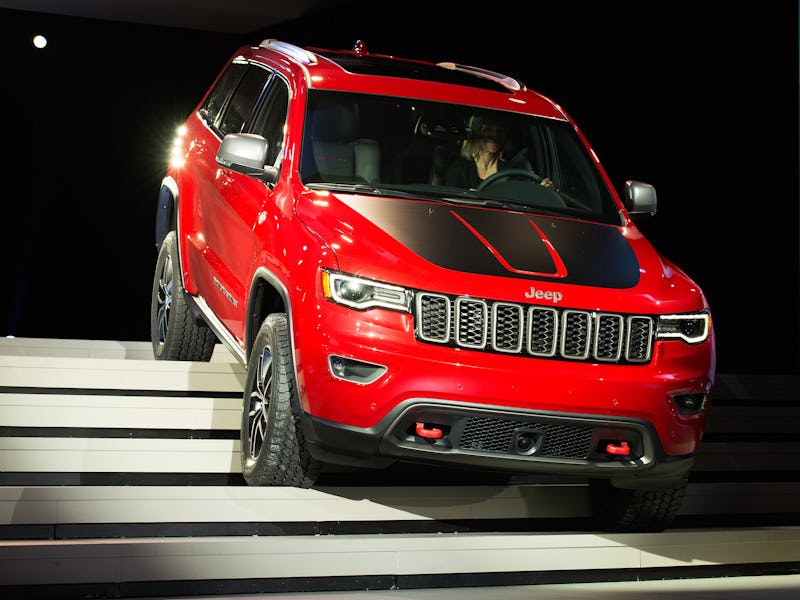
Volkswagen is no longer the only dunce in the emissions-cheating corner.
The EPA sent Fiat Chrysler Automobiles on Thursday a formal notice that it has discovered that FCA has been deliberately cheating on emission testing.
What’s more, had VW not been caught in the fall of 2015, the cheating by FCA might have gone unnoticed. Per the EPA:
In September 2015, EPA instituted an expanded testing program to screen for defeat devices on light duty vehicles. This testing revealed that the FCA vehicle models in question produce increased NOx emissions under conditions that would be encountered in normal operation and use. As part of the investigation, EPA has found at least eight undisclosed pieces of software that can alter how a vehicle emits air pollution.
Two models of 3-liter diesel engine cars from FCA — the 2014, 2015, and 2016 Jeep Grand Cherokee and light-duty Ram 1500 trucks — are named specifically in the EPA’s notice for carrying eight different undisclosed pieces of software. This software method is similar to how VW cheated emissions tests for seven years, which hid the actual levels of nitrous oxide the cars released under normal driving conditions.
In the official notice, the EPA details how the software acts to cheat the emissions tests, reducing the nitrous oxide emissions under test conditions but not on the road.
Chrysler’s “defeat device” disables the various systems in the engine that recirculate nitrogen oxides (NOx) emissions. (Recirculating these gasses in the engine decreases the dangerous elements in exhaust, but also reduces the amount of power and efficiency of an engine.)
As designed, the Chrysler defeat device kicks on when the vehicles are traveling on various grades or carrying heavy loads, or, crucially, when the vehicle’s not a testing scenario. This is slightly different than Volkswagen’s cheating software that only activated when the vehicle was being driven on rollers (which is done during emissions testing).
Like Volkswagen, Chrysler seems to have decided to cheat instead of building a better engine.
VW’s emission cheating on its diesel engines cost the company $20 billion, for spewing 40 times the legal limit of nitrogen oxides. Although the EPA has not announced what it has measured for the FCA vehicles, roughly 104,000 affected cars have been sold in the U.S., which could mean a $4.6 billion fine for Chrysler. This number doesn’t include the likely cost of customer suits of the company, which happened to VW.
The EPA’s also announced that it’s not finished investigating Chrysler, and the California Air Resources Board is also investigating the company. It is unclear if diesel engines are more prone to emissions cheating software, or if those are just the cheaters that have been caught in the United States so far.
Emissions cheating has a long history. Mitsubishi’s inflate-gate cheating of emissions testing in Japan for 25 years proves that you don’t have to be high tech to sneak past regulations – and with three car companies found to be cheating emissions in the last year, it’s probably more common than we might like to think.